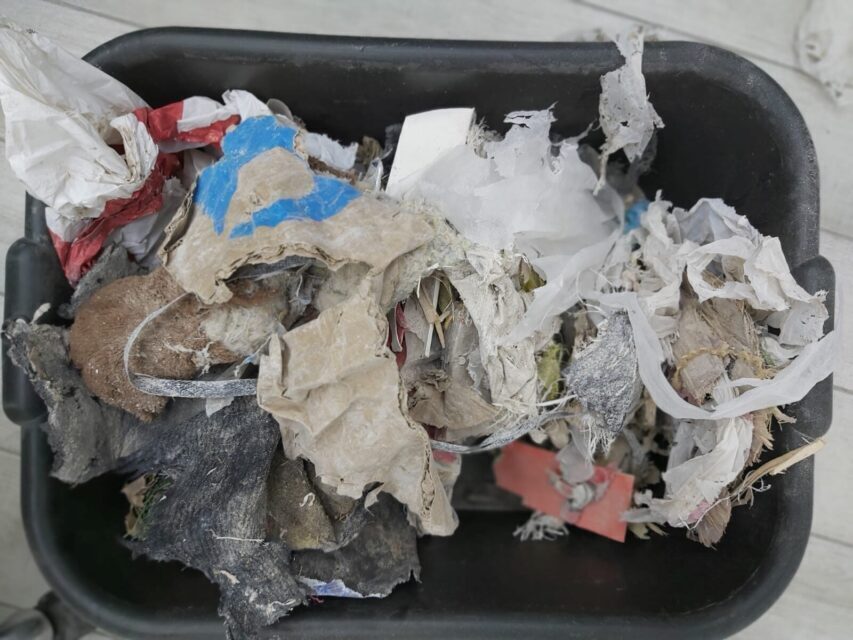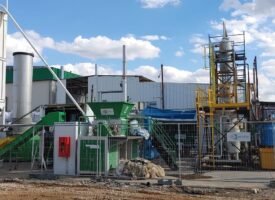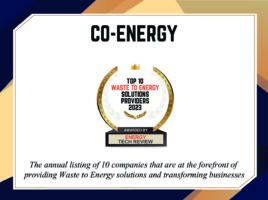
We have previously advocated for employing waste-to-energy technologies as means for reducing the huge capacities of Municipal Solid Waste (MSW) and plastic waste. We have also argued that traditional perceptions about the limits of renewable energy resources should allow innovative and out-pf-the-box thinking, thus regarding MSW and plastic waste as a renewable energy resource.
Now it is time to take the concept of waste-to-energy to the next level and utilize it in a smart, efficient and financially attractive manner. This is what we at Co-Energy have invested years of research and development into. Of course, on paper all the sustainability technologies sound great. Actually making them so in real life is a completely different story, and it requires expertise, sophistication and creativity.
Incorporating cutting edge technology while maintaining an outstanding return on investment rate, Co-Energy offers the ideal solution to MSW and plastic waste. The most significant advantages of Co-Energy’s plant are:
- Common solutions to MSW and plastic waste are landfilling and combustion. Both raise strong resistance and actually being put out of use by many countries, leaving the problem still unsolved. Co-Energy realizes the principle of thermal decomposition of organic materials in such a way that allows it to efficiently convert organic materials that were previously optimally converted by an un-aerobic or gasification processes. This simplifies the process both in terms of OPEX and CAPEX, putting into use simpler equipment and sophisticated control systems thus reducing safety issues.
- Co-Energy’s process is a continues one, and does not rely on batch feeding. Most of the solutions currently available use big and bulky equipment, that is works in batch process. Batch process is less desirable than a continuous process, mainly for the following reasons: in batch processes it is impossible to fully control the composition of gases emitted as a result of the process; batch process requires heating and cooling the reactor before and after each batch; between batches the reactor needs to be cleaned and prepared for the next batch etc. The process in its entirety is unstable and damages the resiliency of the system in whole.
- Co-Energy’s plant’s emissions levels are very low, well below the required standard, and they are expected to decrease even further as R&D efforts progress and more improvements are inserted into the equipment.
- Co-Energy’s system includes an advances control system that monitors the process in real time and makes sure that the end product is consistently the same. This is not to be taken for granted, not at all. Co-Energy’s system is designed to convert organic waste into energy. Organic waste is by definition not homogeneous and can never be one, which greatly challenges the ability to anticipate let alone control the energetic products. The stability in Co-Energy’s process and consistency of products puts it in the forefront of waste-to-energy reliable technologies.
- Co-Energy’s system does not require pre-sorting and pre-separation of the waste and plastics. All MSW and plastics as is will go into the plant. Thus, Co-Energy’s system saves vast amounts of money and time that is commonly wasted on sorting waste to its various components. The residues of the process, which are estimated at around 5% of the MSW, being mostly non-organic materials, metals and glasses, will be omitted automatically from the process and will be transferred to recycling without the costly and prolong pre-treatment phase.
After many decades of considering sustainable industries as lacking a sound financial basis, it is time to move forward and embrace the new era in which sustainability is profitable. Co-Energy enables this and presents the new generation of waste-to-energy technologies.


